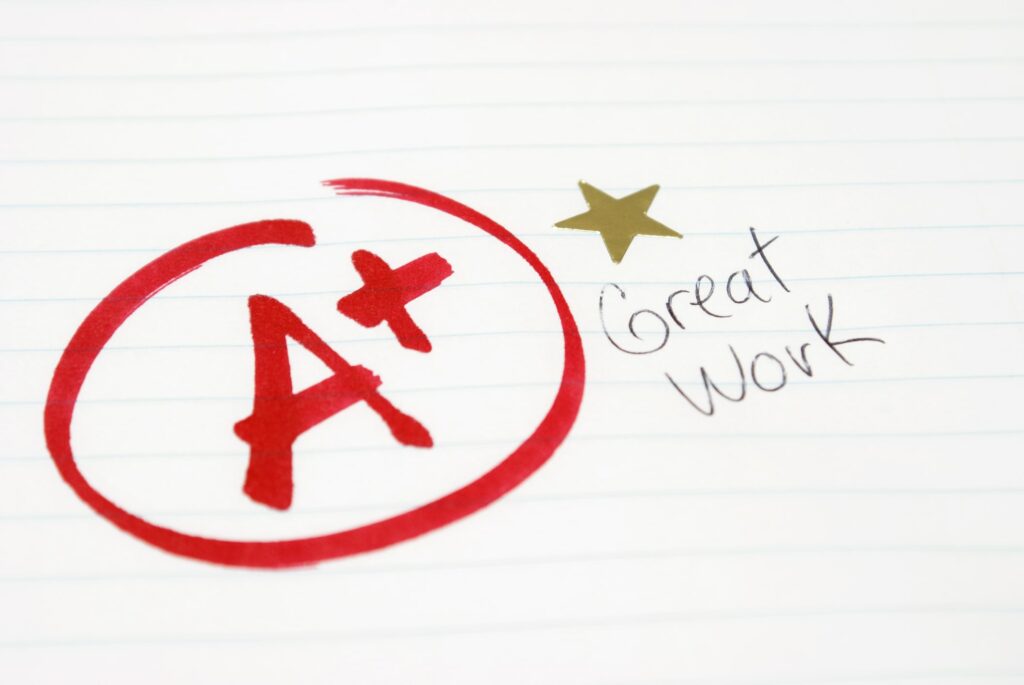This whitepaper published by Turnitin notes the importance of high quality and timely assessment feedback. According to noted education researcher John Hattie, “feedback has a profound influence on student learning” and to student success.
Grading can be contested ground in VET given its competency-based approaches to teaching, learning and assessment, but notions of ‘where to next’ provides opportunities that high quality assessment can provide real learning gains.
Best practice approaches in assessment
The paper is higher education focused, but we see messages for VET too. As it points out, effective assessment enables educators to:
- “Provide students with feedback to meet learning outcomes
- Understand student learning
- Build a model of student progress
- Inform planning decisions
- Inform curriculum and test design to meet learning needs.”
The paper suggests we need to go further than this by asking and answering some critical assessment questions focused around what we are trying to do, how well we have done it, how do we know and what do we do when we don’t know what to do?
Online learning has made this job tougher, though!
The paper points out that as we have moved more to online or remote learning, we lose the ability to ‘feel the vibe’ from learners by seeing their expressions and body language in the classroom. So, we have to use other sources of information to help advise practice. Indeed, the paper suggests that:
“because assessment serves such a critical function in remote learning, more frequent assessments are advised.”
Motivating and fostering the self-management skills of students is important too, and one way to do this (as one of their cited authors – Martin 2020 suggests) “is setting more frequent due dates for small units of work (this also enables more frequent opportunities for students to receive teacher feedback)…In an online environment there is vast potential for students to go off track…High quality online instruction and content that keeps the learner engaged and on track can reduce these risks.”
The big message: frequency of the assessment activities is important!
And do we rely too much on summative assessments?
The paper points out that:
“Grading is time-consuming—and effective feedback can be even more so. When feedback is absent or not timely, assessment misses a learning window. This is especially critical in online classrooms, where assessment feedback often becomes the primary conduit for information exchange.”
However, the assessment process needs to help the learner understand “what was done right, what improvements need to be made, and whether or not learning is within [their] grasp.” It’s also about motivation.
The value of assessment data
As the paper points out:
“thoughtful assignments and exams that promote knowledge exchange are designed by examining the course content and ranking the importance of content, culminating in relevant exam and assignment questions. The content of the exams originates from the course syllabus, which includes student learning outcomes, and designed curriculum.”
In contrast to higher education CBT-based VET programs are often assessment led, so this makes this paper’s lessons even more potent. However, when researchers looked at student learning at prestigious universities, they found that, “unexpectedly, what influenced students most was not the teaching but the assessment. Students described all aspects of their study—what they attended to, how much work they did and how they went about their studying—as being completely dominated by the way they perceived the demands of the assessment system”
Indeed, as the paper stresses:
“For educators, assessment is a window into student learning progress and a source of data for further, accurate, and supportive assessments to engender student learning. Assessment is also an opportunity for improvement, because it helps shed light on what to revisit or reteach, how to fix or design better assessments, and ensure the overall achievement of chartered learning outcome goals.
Its key message, though, is that: “Assessment helps students, but it can also help instructors.”








